November 17, 2012
Don’t worry, no one is going to rip off your product. Here’s why – and what you can do to protect yourself:
Private label, also called store brands or owned brands, are retailers’ way to offer its shoppers a good value. These are often used as “opening price point” brands to lure in the value shopper with the hopes of either pocketing a nice chunk of change through better product margins or trading them up to a pricier brand (your brand).
Most store brands “knock off” national brands that are proven sellers. They won’t reverse-engineer products that don’t have huge brand awareness or sales volume. So until your product has amassed major recognition, your product is not in danger of inspiring store brands.
Also, retailers are smart about how they launch private brands. They’re not going to immediately launch a “me-too” or “compare to” product as soon as the original product is launched. That just eats into their own store sales. They typically wait 18-24 months before coming out with their “compare to” item (as in “compare to {insert brand}”) for reasons that favor both the retailer and national brand manufacturer that I won’t bore you with.
There is research that shows private labels actually boost the sales of their national brand counterparts. And most national brands aren’t terribly bothered (of course, they don’t love it either) by private labels. So why should you?
But all that said, there are times as a buyer, I saw an innovative product and had a “hunch” it would be successful. I then turned around and asked my current vendors to be inspired by it without infringing patents. And we would do it – legally. But, and this is important, if that cool product had a great brand and solid marketing efforts to promote it, I would buy from that company directly instead. Why? Because their product, with a great brand and marketing, is far more valuable to me then producing it on my own. Their branding and marketing educates consumers and drives traffic to my stores…at no cost to me. So, your first line of defense in protecting your inventions is to a) get a patent and b) BUILD A COVETED BRAND.
So what does this mean for you? Don’t become consumed by fear of getting knocked-off. With over 30,000 consumer products launched each year, the odds that a retailer will copy yours is slim. Just make sure to apply to private label competition the same principles (build a brand, patents, have an ownable competitive advantage) you use to compete with other brands in your industry.
